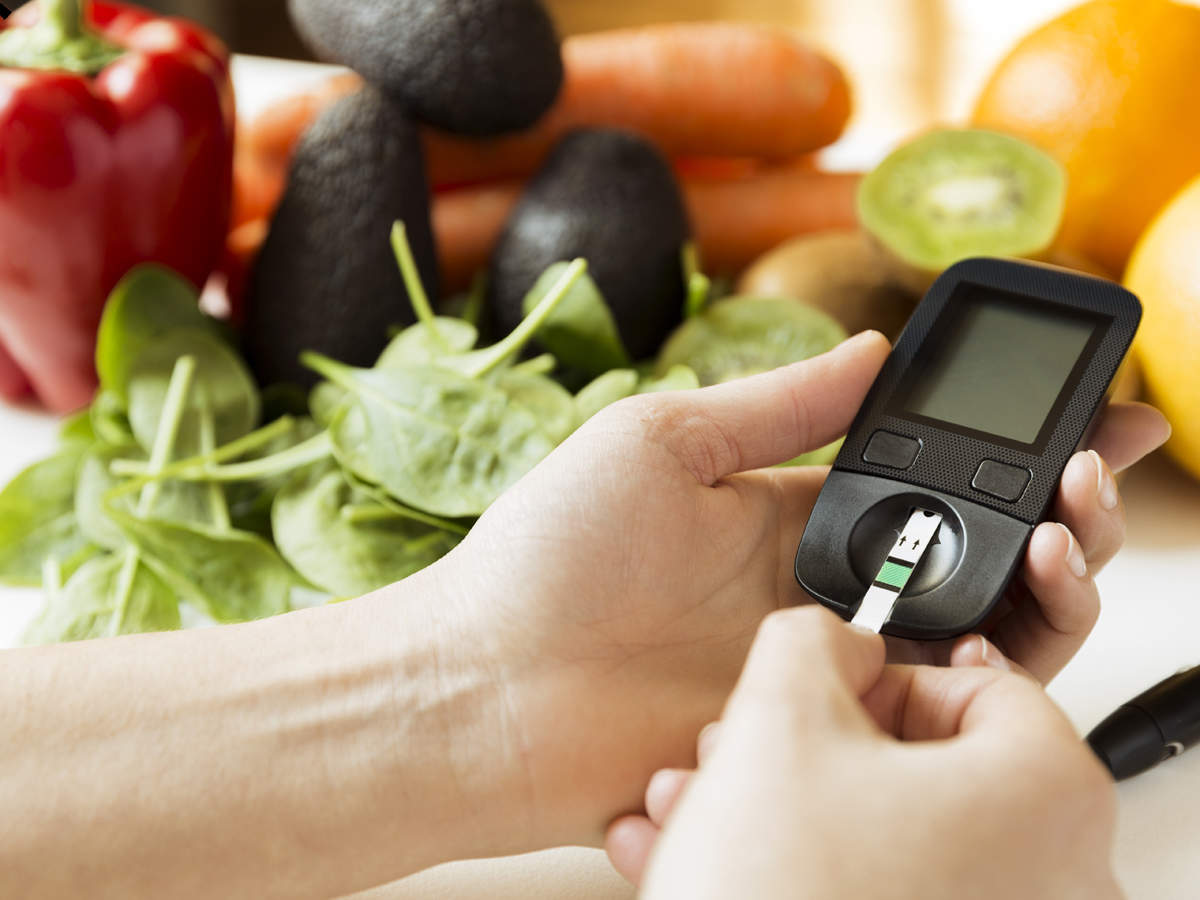What Is Hypoglycemia? How To Control It? – Hypoglycemia, a term frequently connected with diabetes, is a condition that influences a great many individuals around the world. It happens when the blood sugar levels drop to underneath typical, causing a scope of symptoms and possibly serious unexpected problems. We will dive into What Is Hypoglycemia? How To Control It?, and its causes, symptoms, and above all, it with the direction of a specialist like Dietitian Priyanka.

Dietitian Priyanka can make a significant difference in controlling hypoglycemia through dietary choices and lifestyle modifications. Here are the contact details of our company for more information call us at +919779217001 and send us an email at dietitianpriyankachd@gmail.com
Understanding Hypoglycemia
Hypoglycemia, often referred to as low blood sugar, is a medical condition portrayed by abnormally low levels of glucose (sugar) in the bloodstream. Glucose is the body’s essential wellspring of energy, and keeping up with stable blood sugar levels is fundamental for generally speaking wellbeing and prosperity. The common blood sugar range for a fasting individual is 70-99 milligrams per deciliter (mg/dL), and anything below this reach can be thought of as hypoglycemic.
Causes of Hypoglycemia
Several factors can contribute to hypoglycemia, and it’s essential to understand them to effectively control this condition. Here are some common causes:
1. Medications
Individuals with diabetes often use medications, for instance, insulin or oral hypoglycemic specialists to lower our blood sugar levels. However, miscalculating the estimation or timing of these medications can incite hypoglycemia.
2. Inadequate Nutrition
Skipping meals, not eating enough, or picking food sources with a high glycemic record can cause blood sugar levels to drop too low.
3. Excessive Physical Activity
Taking part in exhausting exercise without consuming an adequate number of sugars to make up for the energy expenditure can achieve hypoglycemia, particularly in individuals with diabetes.
4. Alcohol Consumption
Alcohol can disrupt the liver’s ability to convey stored glucose into the bloodstream, prompting hypoglycemia, particularly whenever drank without food.
5. Medical Conditions
Certain medical conditions, like pancreatic developments or hormonal disorders, can set off hypoglycemia.
Symptoms of Hypoglycemia
Hypoglycemia can manifest through a variety of symptoms, which can range from mild to severe. Common symptoms include:
- Sweating: Extreme sweating, even in cool conditions, is a typical indication of low blood sugar.
- Trembling or Shaking: You might encounter unsteadiness or trembling, which can make it hard to perform regular assignments.
- Rapid Heartbeat: An expanded pulse can be a reaction to low blood sugar.
- Hunger: A serious sensation of craving, regardless of whether you’ve as of late eaten, is one more symptom of hypoglycemia.
- Irritability: Low blood sugar can influence your temperament, causing you to feel irritable, restless, or even confounded.
- Difficulty Concentrating: You might experience difficulty concentrating or feel lightheaded.
- Blurred Vision: Vision issues, like twofold vision or blurred vision, can happen during episodes of hypoglycemia.
- Weakness and Fatigue: Low energy levels and weakness are normal indications of low blood sugar.
In extreme cases, on the off chance that hypoglycemia is not tended to speedily, it can prompt obviousness, seizures, or even perilous complexities. Therefore, it’s significant to perceive and deal with these symptoms successfully.
Controlling Hypoglycemia with Dietitian Priyanka
Diet plays a critical part in overseeing and forestalling hypoglycemia. Dietitian Priyanka, an ensured nutrition expert, can provide customized guidance to assist people with hypoglycemia to settle on dietary decisions that balance out blood sugar levels and advance generally speaking well-being.
Here are a few dietary systems that Dietitian Priyanka might prescribe to control hypoglycemia:
1. Balanced Meals
Priyanka might advise people to consume balanced meals that incorporate a blend of carbohydrates, protein, and healthy fats. This dials back the processing of carbohydrates, forestalling fast spikes and drops in blood sugar.
2. Regular Eating Schedule
Eating at regular spans over the course of the day can assist with keeping up with consistent blood sugar levels. Priyanka can help create a meal plan that suits the individual’s lifestyle and preferences.
3. Complex Carbohydrates
Picking complex carbohydrates like entire grains, legumes, and vegetables can give a supported source of energy without causing fast changes in blood sugar.
4. Sugar Management
Reducing or eliminating added sugars from the eating routine is fundamental for those with hypoglycemia. Dietitian Priyanka can assist in identifying hidden sources of sugar in the diet.
5. Portion Control
Controlling portion sizes is urgent to try not to over-burden the body with glucose. We can offer portion size rules in view of individual requirements.
6. Healthy Snacking
When essential, healthy tidbits can assist with balancing out blood sugar levels between meals. We can recommend nutritious nibble choices that won’t prompt a sugar crash.
7. Meal Timing
Timing meals and tidbits suitably can assist with keeping up with consistent blood sugar levels. Dietitian Priyanka can foster a customized meal plan that lines up with a singular’s day-to-day daily schedule.
8. Monitoring Blood Sugar
For people with diabetes or ongoing hypoglycemia, monitoring blood sugar levels regularly is fundamental. Priyanka can show people how to utilize glucose meters and decipher our readings.
9. Alcohol Awareness
In the event that alcohol is a contributing factor to hypoglycemia, Priyanka can give guidance on mindful alcohol utilization and its effect on blood sugar levels.
10. Supplement Guidance
at times, dietary supplements, like chromium or magnesium, might be prescribed by Dietitian Priyanka to help with blood sugar control.
Why to choose Dietitian Priyanka ?
Dietitian Priyanka is here to help you on your journey to better blood sugar control and a healthier life. The following are the key features why people choose us:
- Expertise: Dietitian Priyanka is a qualified expert in nutrition and can provide specialized advice for managing hypoglycemia.
- Personalized Plans: She can create a customized nutrition plan that suits your specific needs and preferences.
- Blood Sugar Control: With our guidance, you can achieve more stable blood sugar levels, reducing the risk of hypoglycemic episodes.
- Lifestyle Modifications: Dietitian Priyanka can help you make lifestyle changes that support better blood sugar management and overall well-being.
- Professional Support: Our professional guidance ensures you have a knowledgeable partner on your journey to better health and blood sugar control.
Contact Details
Name – Dietitian Priyanka Mittal
Address – Chandigarh Address:- SCO-1066-67, First Floor, Sector 22B, Chandigarh
Zirkapur Address – SCO 33 First floor, Apple Height’s, VIP Rd, Above More Supermarket, Zirakpur
Email – dietitianpriyankachd@gmail.com
Phone no. – +919779217001
Frequently Asked Questions (FAQ)
Question – What is a good glucose level at night?
Answer – Between 70-100 mg/dL is a good glucose level at night.






